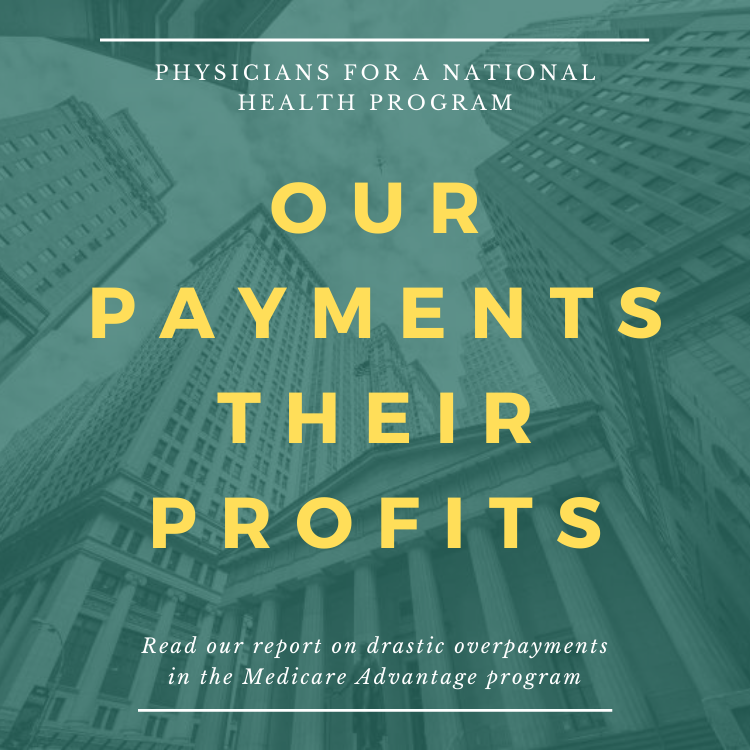By Eric N. Momin, MD; Hadie Adams, MD; Russell T. Shinohara, PhD; Constantine Frangakis, PhD; Henry Brem, MD; Alfredo Quiñones-Hinojosa, MD
Archives of Surgery, November 2012
Among patients with brain tumors with no other major medical condition, uninsured patients (but not necessarily Medicaid recipients) have higher in-hospital mortality than privately insured patients, a disparity that was pronounced in teaching hospitals. These findings further reinforce prior data indicating insurance-related disparities in medical and surgical settings.
These insurance-related disparities might be explained by 1 of 3 possible mechanisms. Insurance status could influence health outcomes by affecting (1) a patient’s overall state of health, (2) the ability to access care (affecting the acuity of disease presentation), or (3) the quality of treatment that is provided.
Insurance-related disparities are not unique to the field of neurosurgery. Uninsured patients fare worse than privately insured patients in the settings of critical illness (higher chance of having life support withdrawn), ischemic or hemorrhagic stroke (higher mortality and neurologic impairment), myocardial infarction (higher mortality), and physical trauma (higher mortality). However, it is not clear that enrolling in a state-funded health plan would help the uninsured because Medicaid recipients also seem to experience a similar disparity in other settings, including pneumonia, appendicitis, abdominal aortic aneurysm repair, limb-threatening ischemia, and surgery for colorectal carcinoma. Of note, this Medicaid disparity was also present in our full cohort but was not convincingly present in the adjusted analysis of patients with no comorbid disease, especially in teaching hospitals.
http://archsurg.jamanetwork.com/article.aspx?articleid=1392156
Comment:
By Don McCanne, MD
Uninsured patients operated on for brain tumors have a higher in-hospital mortality than do insured patients. Regardless of the reasons why, this study adds to the abundance of studies that demonstrate that being uninsured can be bad for your health. Even patients with Medicaid may experience similar adverse outcomes.
The Affordable Care Act will leave 30 million uninsured, and it relies partially on Medicaid to expand coverage. Thus the Affordable Care Act may still be bad for the health of many of us.
We need a single program that provides all of us with high quality care – an improved Medicare for all. We should not put up with a deficient health care program that leaves some of us sick or even dead.

